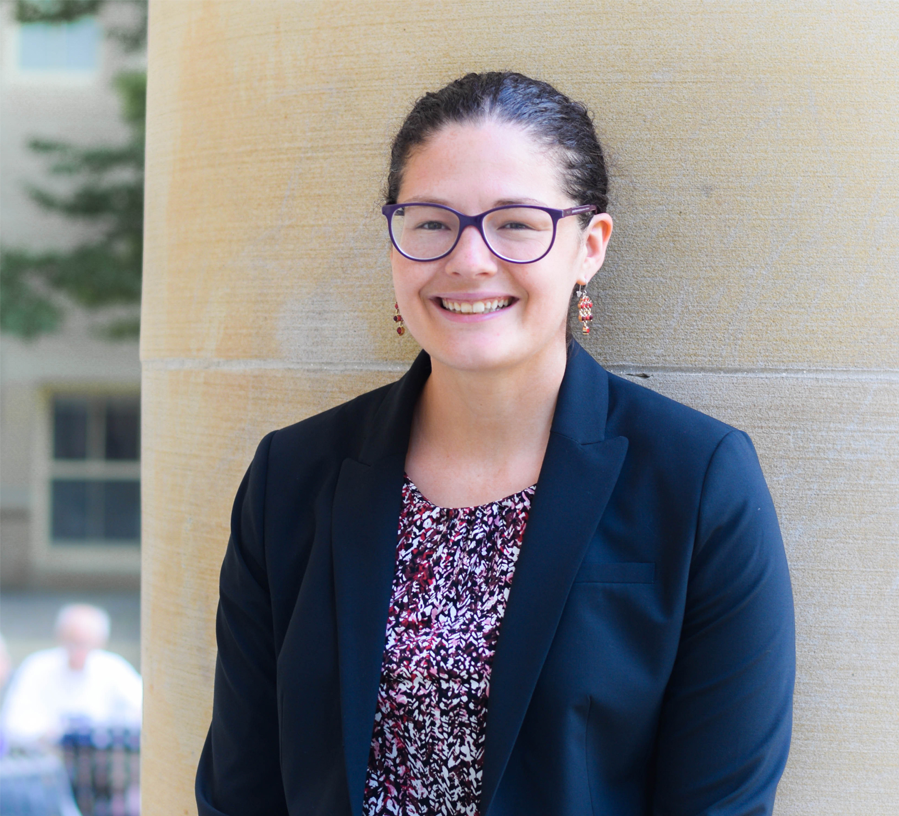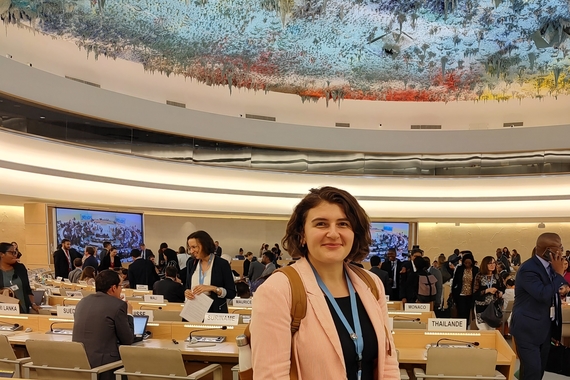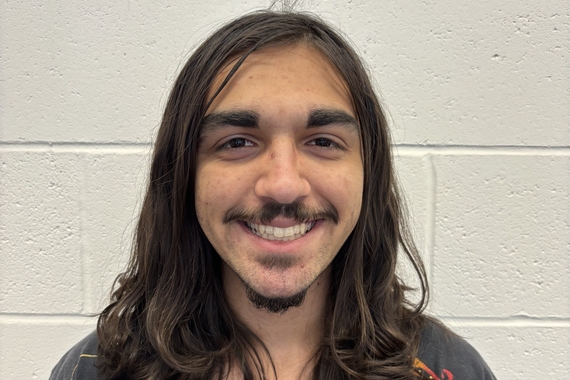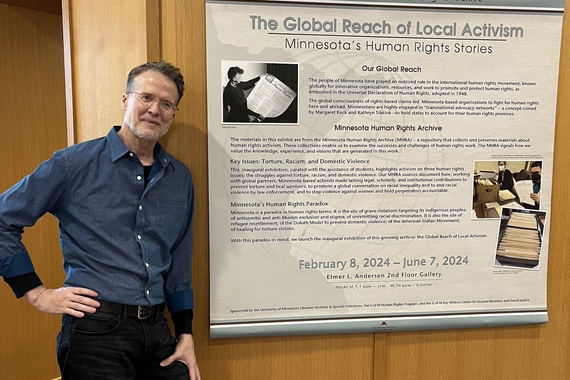How a Changing Constitution can Lead to a Changed Citizen
Human Rights Program (HRP): Where are you currently working and how long have you been working there? What type of projects/tasks do you work on?
Whitney Taylor (WT): After finishing my undergraduate degree at the University of Minnesota, I began the PhD program in political science at Cornell University. I have been in Ithaca writing up my dissertation this academic year (and teaching!), but I spent the previous two years conducting research in Colombia and South Africa. My dissertation project looks at legal mobilization for social rights in Colombia and South Africa. Specifically, I am interested in how changes in constitutional rights recognitions – in this case, expanding rights recognitions to include things like access to healthcare and housing – impact how citizens understand themselves, the state, and their relationship with the state, as well as how these changes impact the ability of citizens to access the material goods and services they need. Starting in Fall 2019, I will be an assistant professor in political science at San Francisco State University.
HRP: How do you see your academic experiences playing out in your life today? Were there particular courses/experiences that motivated you and/or prepared you for the work you are currently doing?
WT: My graduate career is, in many ways, a continuation of the work I did at the Human Rights Program and the courses I took in global studies and political science at the U. In fact, I first started thinking about the questions I explore in my dissertation while taking Lisa Hilbink’s “Law and (In)Justice in Latin America” course, and the course I am currently teaching – “Power and Politics: Human Rights Activism” – draws heavily on courses I took with Barb Frey and Kathryn Sikkink. I benefited greatly from the examples set by Barb, Lisa, and Kathryn – both in terms of the work they do and also in terms of how they do that work. The Human Rights Program, and the scholars affiliated with it, demonstrate that it is possible to balance rigorous scholarship and social commitment. Further, the work that the Program does, sponsors, and inspires stands out to me as emblematic of the value of bringing together scholars across disciplines and approaches, as well as students, activists, and other community members.
HRP: What have been some of the biggest learning moments and takeaways for you both in your academics and your work?
WT: Two takeaways come to mind immediately. First, while at the Human Rights Program I learned about the complex infrastructure that underlies successful projects, from careful preparation of things like forms, procedures, schedules, and interview guides, to the development of relationships with colleagues and stakeholders. This is something that may seem small or obvious, that successful projects do not just come out of nowhere, but it is vital to the functioning of both academic and non-academic projects alike. That firsthand experience has been valuable and transferable across different kinds of tasks that I have undertaken over the last six years. Another key takeaway has been the importance of trying to center people and their experiences in the study of politics. For me, this is how political science retains its “relevance.” There seem to be cyclical debates about whether or not political science is relevant, but for me, it is clear that politics is not something that simply happens to people. Instead, it is also something that happens because of and by people. Recognizing this leads to stronger scholarship. Not only do we get more accurate insight into what is going on in the world, but this also encourages more careful (and hopefully more ethical) research practices. I think this orientation is something that the Human Rights Program has historically emphasized.




